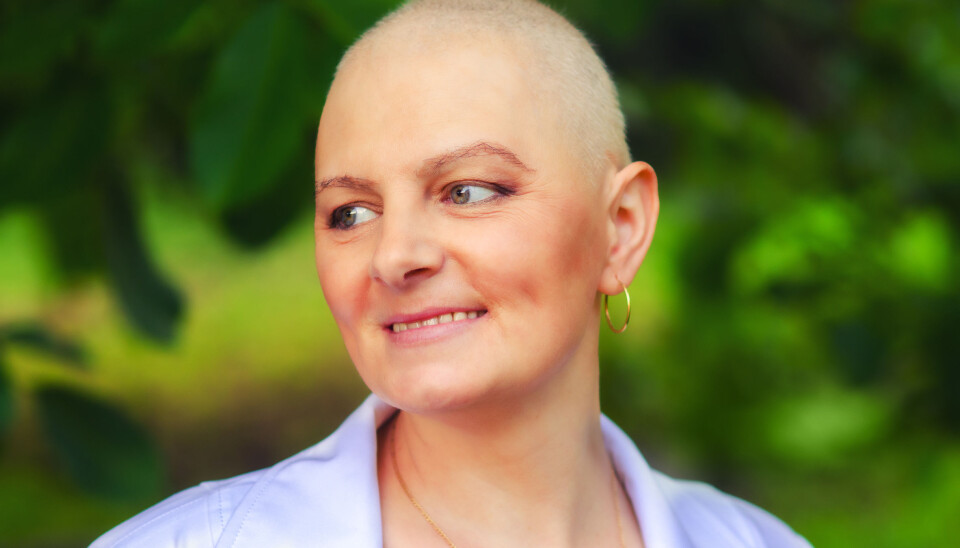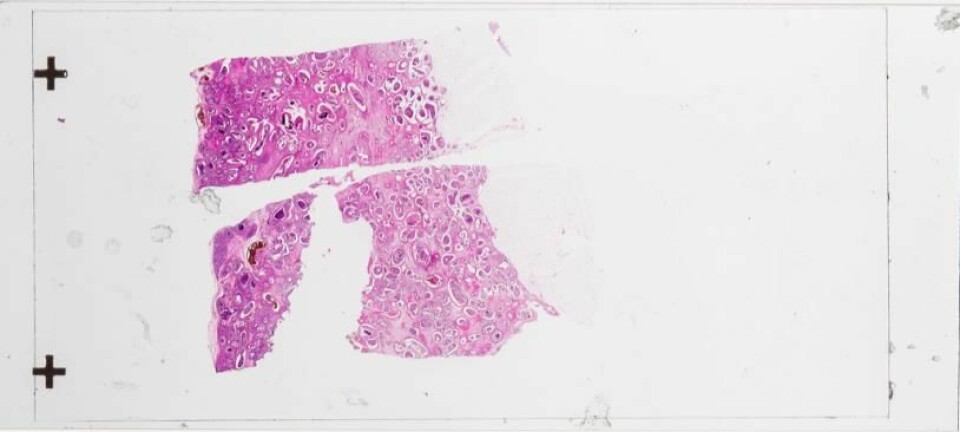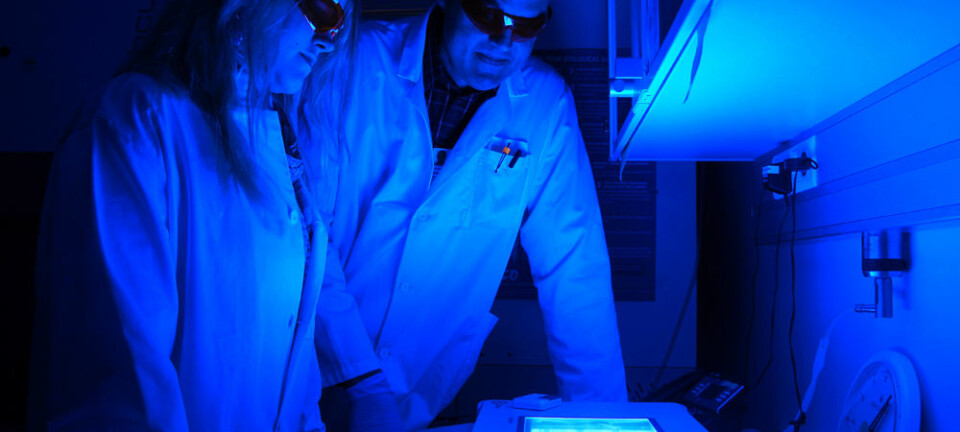
Cancer patients have too much faith in trial drugs
Some of the sickest cancer patients have unrealistic expectations of being cured through trials of new medicines. A Swedish study shows that they often underestimate the risks of participating in a research project.
Preliminary clinical tests of medicines rarely give immediate benefits to participating patients. But such experiments are needed to find better methods and drugs that will help in the future.
Cancer patients with little chance of survival are often willing to try any possible remedy. They figure this is better than doing nothing. Participation in tests of a new cancer treatment provides a ray of hope.
Some of the sickest patients don’t understand that they are unlikely to be healed by the medicines. They also underestimate the risk of participation in a research project.
This was discovered by Tove Godskesen in her doctoral degree research at Sweden’s Uppsala University. She analysed reasons why cancer patients choose to take part in research projects and how they experience their participation.
“Of course, a new medicine prompts hopes of recovery among patients who are very ill. It’s a matter of clutching at straws, and they are willing to tolerate quite a lot to be included in a study,” she said in a press release.
The patients in the study she followed accepted discomfort and side-effects in connection with the experimental treatment.
Belief in a remedy
Hopes of a miraculous new remedy can be strong and meaningful in the terminal phase of life.
Godskesen thinks it can also be grounds for concerns if the patients do not understand the purpose of a research project and the risks involved.
It can mean that they spend the last days of their lives doing something they otherwise wouldn’t have chosen, and perhaps suffering extra discomfort.
The informed agreement from the patient is a prerequisite for participation in research projects. But how well informed are cancer patients if they don’t understand the basic objective of the research?
Vulnerable group
Godskesen interviewed 14 Swedish patients who were terminally ill with cancer.
They were no longer being given normal treatment, but were participating in tests of new drugs ― so-called phase-1 trials. Phase-1 is the initial test of a drug on humans. Medical researchers try to determine whether a drug is safe. Fortunately, the patients are rarely harmed by such medical experiments.
Most of the patients reported being well informed and were satisfied with their participation in the study. They felt they were being taken care of and the attention from the health personnel made them feel special and important.
Godskesen’s study did not involve many patients, and those who agreed to being interviewed might have been types who try to remain optimistic in the face of tribulations.
But the majority of them had not understood what the test of medications involved.
Godskesen stresses that such patients are a vulnerable group which merits special considerations. Their need for carefully explained information can be stronger if they feel they have nothing to lose, or if they are overly optimistic about the effect of the experimental techniques or drugs. They should know the alternative to participation in a trial treatment regimen.
A Norwegian study has also found fault with the information given by doctors treating cancer patients, including insufficient explanations of the consequences of various forms of treatment.
Better prognosis, more altruistic
In another study by Godskesen, 88 participants in research treatment answered a questionnaire.
These patients had good chances of recovery. This was reflected in their motives for participating.
These were participants in phase-3 trials, which compared the effects of new drugs against the effects of standard treatment. The tests of the new medications had thus progressed further than in phase-1 studies.
Even though they could gain more direct benefits from the trial than patents in the earlier tests, the incentives of patients in phase-3 studies were as likely to be a wish to aid society as a hope for personal recovery.
Older men want to help
Older patients, and male patients, were the most likely to have an altruistic or self-sacrificing attitude, either because they felt obligations to society and humanity, or because their families or friends felt they should participate.
Most of the participants in this group were happy to help out with the study and felt they had received sufficient information from the outset. They knew enough about the goal of the research to have an informed opinion when agreeing to participate.
However, the results indicate room for improvement. One in five answered that they had not been given sufficient information about the side-effects of the drugs. Nor did they know how to ask the right questions to the persons in charge of the trials. Some of them did not know that they could withdraw from the study once it had started. A third wrongly believed that new medications are only tested on humans if the researchers figure there are no side-effects.
-------------------------------------
Read the Norwegian version of this article at forskning.no
Translated by: Glenn Ostling











